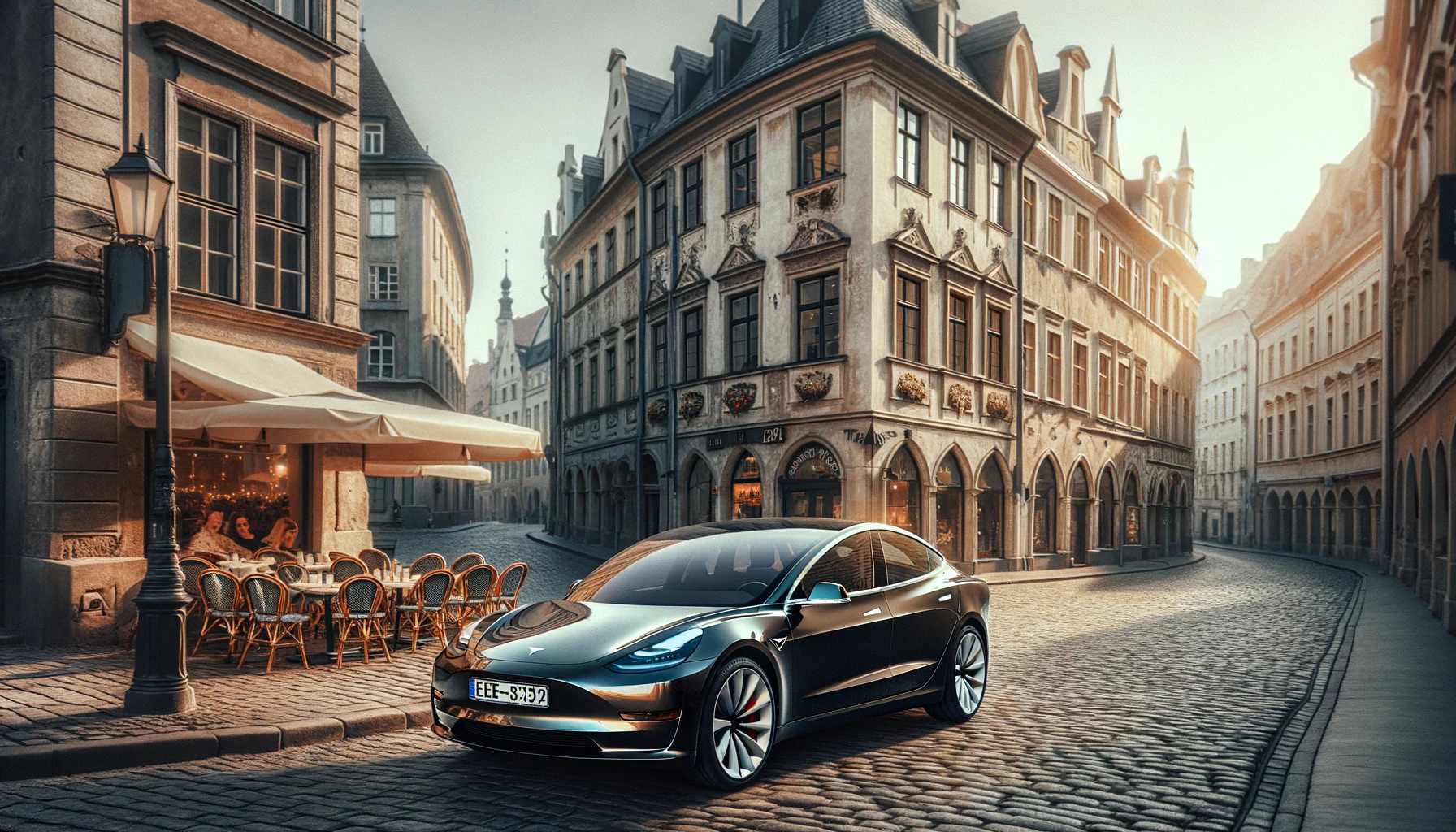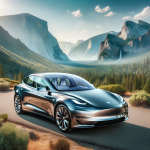The growth and sustainability of the electric vehicle (EV) industry are significantly shaped by strategic decisions concerning battery technology, a domain where Tesla has established itself as a leader. The 2023 article “Battery Technology-Based Strategic Decisions of Electric Vehicle Firms-The Case of Tesla,” highlights Tesla’s pivotal role in this sector, particularly through its advancements in Lithium-Ion and Lithium-Iron Phosphate battery technologies.
These innovations not only exemplify Tesla’s adherence to strategic market management theories but also its commitment to sustainability, influencing the broader market trends in the EV industry.
This strategic focus on battery technology is crucial for understanding the longevity and efficiency of Tesla’s electric vehicles. Owners have reported that Tesla cars maintain optimal functionality and efficiency well beyond a decade, given proper maintenance, supported by Tesla’s warranty of up to 8 years or a specified mileage.
This durability is attributed to Tesla’s continuous improvement in battery technology, ensuring gradual degradation and maintaining around 90% capacity after extensive usage.
Furthermore, Tesla’s approach to maintenance and charging infrastructure enhances vehicle longevity. The availability of Superchargers and home charging solutions facilitates efficient energy replenishment, reinforcing the viability of Tesla’s electric vehicles as a sustainable alternative in transportation.
Despite potential high costs associated with out-of-warranty battery replacements, the integration of advanced battery technologies, comprehensive warranties, and a strong charging infrastructure underscores Tesla’s strategic commitment to advancing electric mobility and reducing global warming through government and corporate collaboration. This strategic alignment not only secures Tesla’s position in the EV market but also promotes a sustainable future in the automotive industry.










